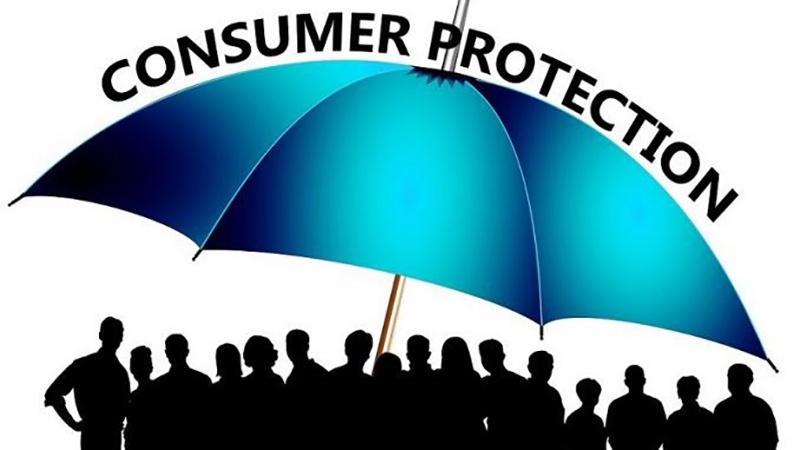
Trying to save
money by buying cheap products can sometimes turn out to be costly and even
dangerous. Safety and quality should be a priority when purchasing items for
oneself and one's home. Unfortunately, there are various levels of products
available in the markets of Kuwait. Some have high qualities and standards of
safety and others are poorly made and potential harmful.
Various accidents
have taken place in Kuwait and other countries, including fires in homes due to
cheap electronics, children hospitalized for swallowing magnetic toys,
hoverboards that spontaneously catch fire and hundreds of other harmful
products.
Consumers who
have faced such situations and accidents told Kuwait Times they have learned
from their experiences and decided to always seek quality before considering
the price. "I bought an unbranded power bank at a cheap price, but it
didn't last long. Not only did it stop working but it spoiled my mobile, which
I had to fix for triple the power bank's cost. This was a lesson for me to only
buy good quality electronics from well-known stores," 30-year-old Jamal
said.
"I will
never buy any electronics of an unknown brand, as I have heard about even more
serious cases than just a damaged mobile phone. Numerous fires have broken out
in many homes due to electrical short circuits caused by charging with cheap
and fake chargers," he added.
Rabab only buys
from agents of brands or well-known stores that she trusts. "I have heard
about many cases of damage and harm caused to consumers who bought cheap
products. Also, twice I bought cheap electronics and they didn't last for long.
So it's better to buy good quality products and pay more to enjoy using them
for years instead of months," she noted.
Some products may
be bad even if they are not cheap. "Once I bought a homemade face cream
from a woman selling it online. I was encouraged by various ads I saw on social
media. But it was bad and I got an allergic reaction after using it. I doubt it
was approved by the ministry of health. I will never buy such unknown products.
Also, I earlier bought slimming cream of an unknown brand sold at a stall at an
exhibition and it didn't work," Sameera told Kuwait Times.
Quality comes
first. "I never buy products from an unknown source. I care about quality
first, even if I have to pay more. If I'm not aware of a product, I educate
myself through the Internet. I haven't experienced any adverse situation, but I
have heard from my friends about cheap products and their poor quality. So I
always look for quality, especially for my children's stuff, as it is related
to their health, such as shoes or water bottles," stressed Ahmed.
Consumers can
protect themselves by buying well known branded products or checking the
quality of items before purchase. They can also report products that are
problematic to the commerce ministry and consumer protection hotline #135.
According to
Kuwait's consumer protection law, consumers have the following rights:
Article 9 lists
the rights granted to consumers under the law as follows:
1. The right to
safety - this means that consumers should be able to assume that the products
they buy are reasonably safe.
2. The right to
quality - this means consumers should be assured of satisfactory quality of
products which can be used for their intended purpose.
3. The right to
be informed - this means that consumers should be provided with sufficient
information to make an informed choice and to be protected against false and
misleading advertising and labelling practices;
4. The right to
redress - this means that consumers have the right to receive a fair settlement
of just claims, including compensation for misrepresentation, shoddy goods or
unsatisfactory services.
5. The rights set
out in Article 9 of the Consumer Protection Law are based on the rights granted
by the United Nations Guidelines for Consumer Protection (UNGCP). These
guidelines were adopted by the UN in 1985 and the UNGCP are intended to act as
an international reference point of the consumer movement. Kuwait, through the
introduction of the Consumer Protection Law, has become a part of this movement
in the interests of progress and modernity.
Article 10 allows
a consumer to replace or return a defected product within 14 days of purchase
(provided that it is not a rapidly perishable good) and further states that
vendors and suppliers are jointly liable in such respect. Article 10 applies in
instances where a consumer receives a defective or incomplete service in
accordance with the nature of such service, contract conditions or prevailing
commercial custom. In this case, the service provider shall refund the value of
the service or the value of the product or re-provide the service to the
consumer.
By Nawara
Fattahova










